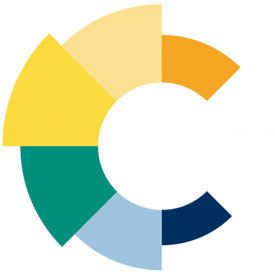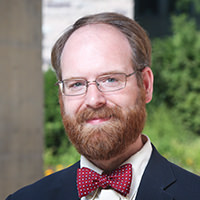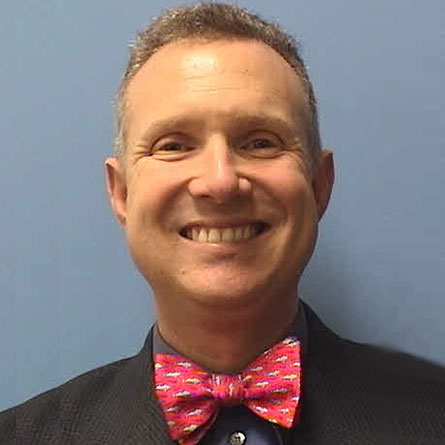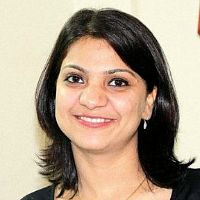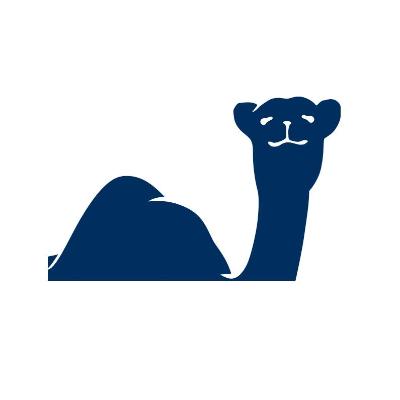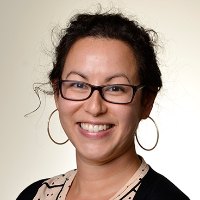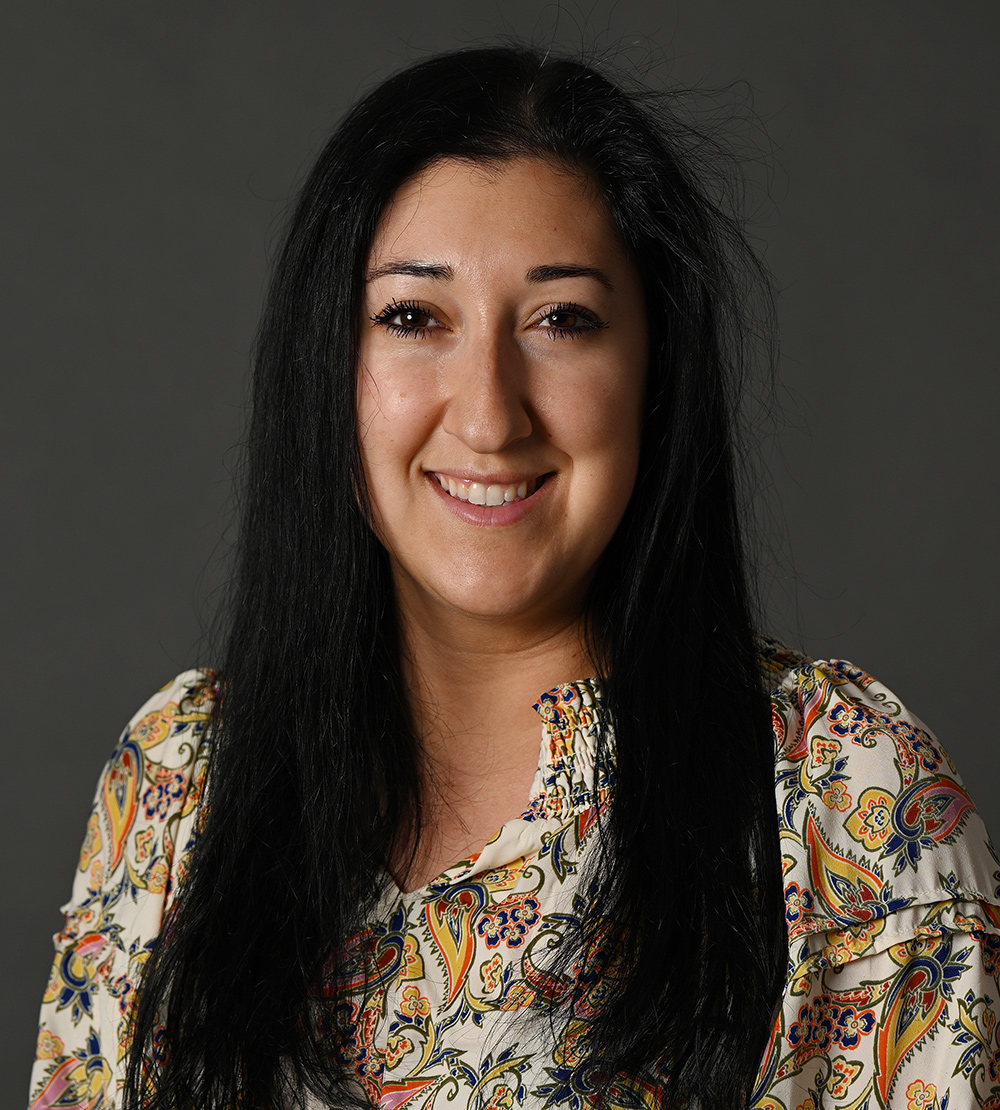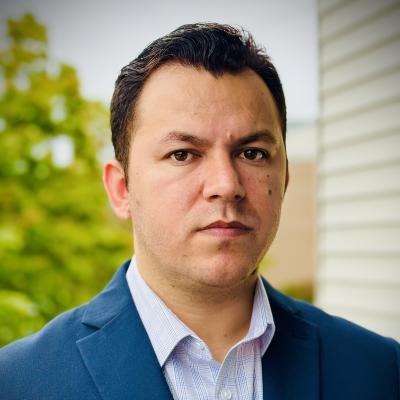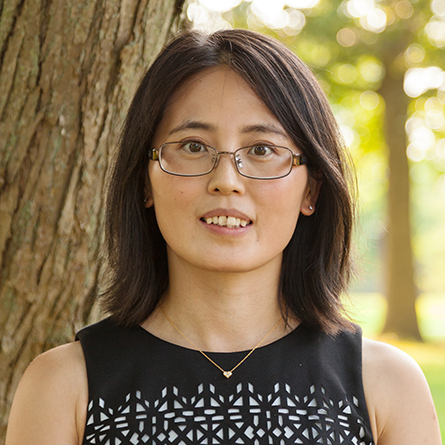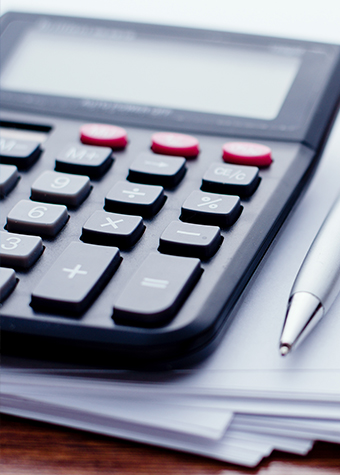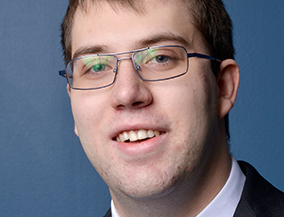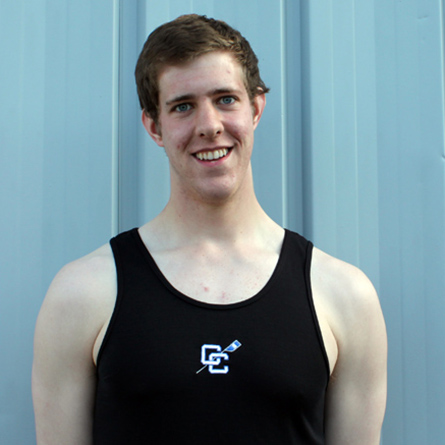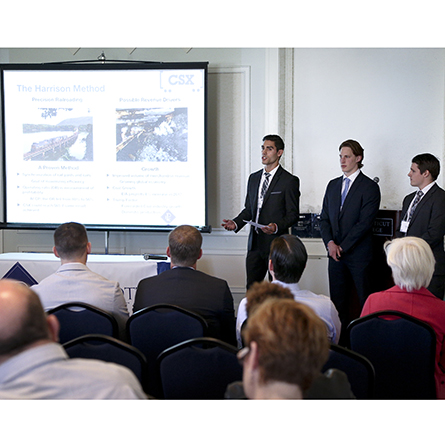Majoring in Mathematics
Our mathematics courses introduce students to the disciplines of theoretical and applied mathematics, from theoretical courses in analysis and algebra to applied courses such as Ordinary Differential Equations and Mathematical Methods for the Physical Sciences.
Many Mathematics majors complete a second major or minor. While the most common combinations with Mathematics are Economics, Physics, and Computer Science, others have included Biological Sciences, Classics, Dance, Theater, English, and Government. Many students in the department complete one of the College’s Integrative Pathways or Certificate Programs. Study Away options include specialized mathematics programs such as Budapest Semesters in Mathematics in Hungary and Math in Moscow in Russia.
During the summer, some students conduct paid and supervised research with professors, either on campus or as part of a Research Experience for Undergraduates (REU) at another college or university. Many opt for internships in the private sector, working in banking and finance, in the insurance industry, in summer educational programs, or in any number of fields as data analysts.
As a capstone project in their senior year, students present carefully crafted talks on topics they have researched independently. Some study a topic that highlights the role of mathematics or statistics in another field, while others delve deeper into an area of mathematics. Examples of recent capstone talks include “Cayley-Sudoku Tables,” “The Mathematics Behind Rubik’s Cube,” “A Mathematical Model of Speed Skating,” and “Classifying 3-Graphs.”
Students have opportunities to engage in mathematics outside of their classes by participating in local, regional, or national competitions. The department holds an integrating bee each fall and the Connecticut Collegiate Mathematics Competition (CCMC) each spring. Students also participate in the William Lowell Putnam Mathematical Competition, a national problem-solving competition.

